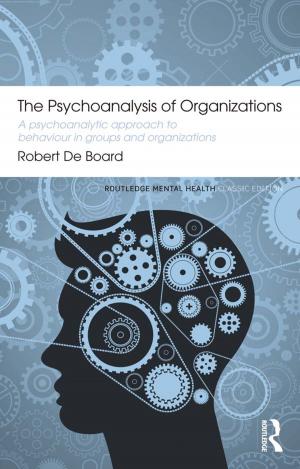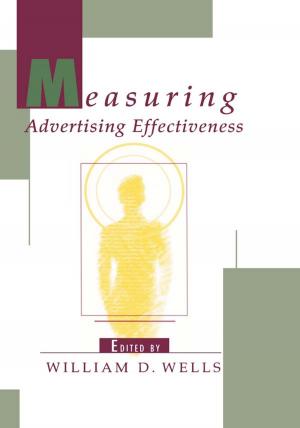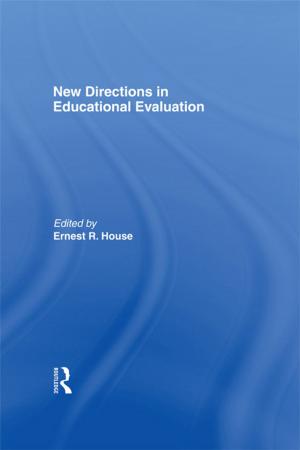After Postmodernism
Education, Politics And Identity
Nonfiction, Reference & Language, Education & Teaching| Author: | Richard Smith, Philip Wexler | ISBN: | 9781135718077 |
| Publisher: | Taylor and Francis | Publication: | September 27, 2005 |
| Imprint: | Routledge | Language: | English |
| Author: | Richard Smith, Philip Wexler |
| ISBN: | 9781135718077 |
| Publisher: | Taylor and Francis |
| Publication: | September 27, 2005 |
| Imprint: | Routledge |
| Language: | English |
This work presents a set of thematic essays aimed at clarifying the educational problems and paradoxes of postmodern educational conditions and theory. The major concerns of the book are the possibility of achieving substantive political objectives and of theorising such possiblities. These concerns arise from a dissatisfaction with the organisational and political conditions of postmodern educational practice.; The seeming inability of academics to intervene in the public sector, especially in matters of equality, provides a driving force to the book. For individuals who care about the future of education and its role in social reconstruction, the pessimistic nature of postmodern theories of society and education is an additional impetus for the book.; All the chapters exemplify the issues that confront lecturers in contemporary university teacher education contexts. A notable feature of the book is a theme that current theorisation about education and society are historically outmoded and that the future lies in "post" postmodern theories.
This work presents a set of thematic essays aimed at clarifying the educational problems and paradoxes of postmodern educational conditions and theory. The major concerns of the book are the possibility of achieving substantive political objectives and of theorising such possiblities. These concerns arise from a dissatisfaction with the organisational and political conditions of postmodern educational practice.; The seeming inability of academics to intervene in the public sector, especially in matters of equality, provides a driving force to the book. For individuals who care about the future of education and its role in social reconstruction, the pessimistic nature of postmodern theories of society and education is an additional impetus for the book.; All the chapters exemplify the issues that confront lecturers in contemporary university teacher education contexts. A notable feature of the book is a theme that current theorisation about education and society are historically outmoded and that the future lies in "post" postmodern theories.















